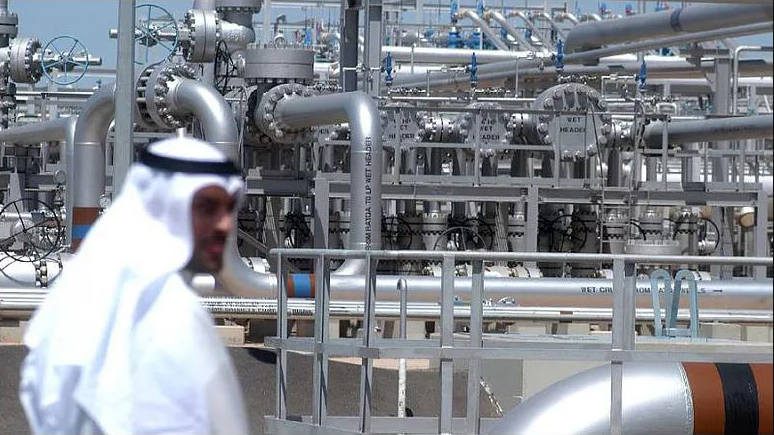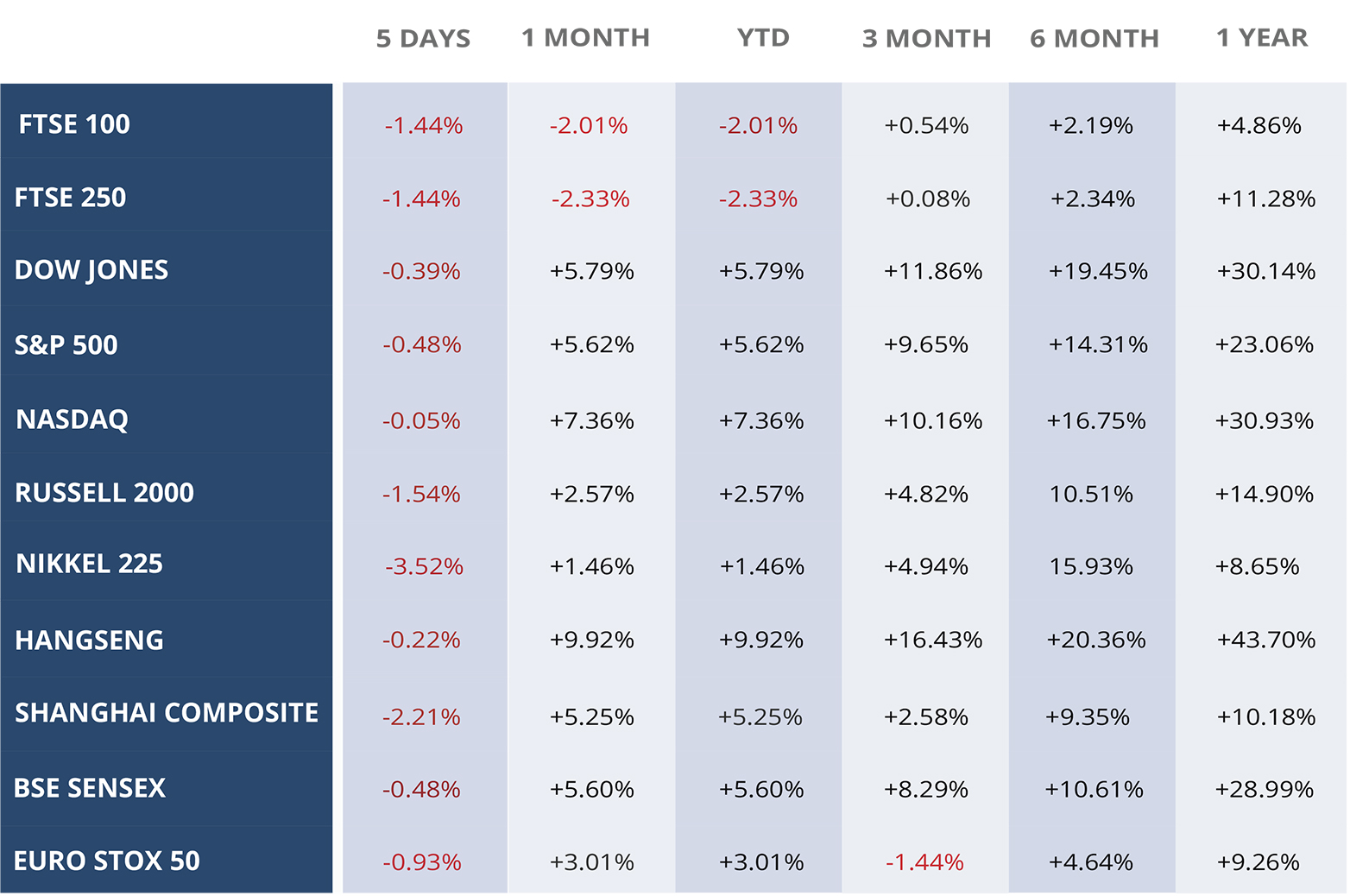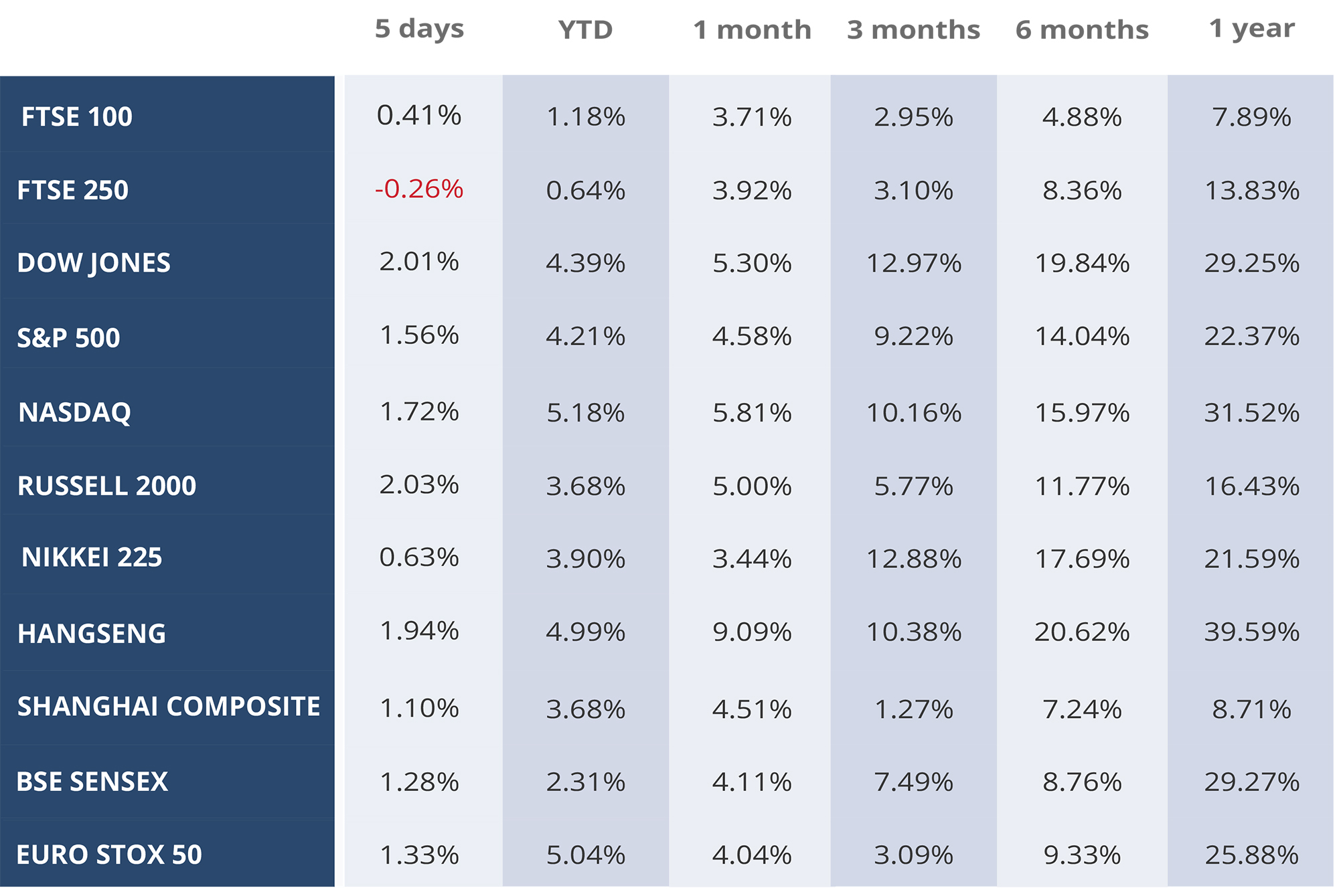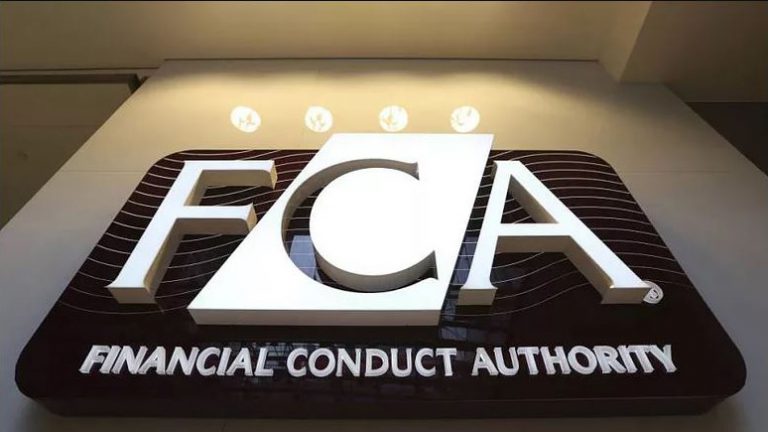
The UAE government finances and UAE business climate have not fully recovered from the global financial crisis of 2008 and oil price crash of 2015. Is the current state of affairs in the UAE bad for the long-term future of the region? How about our earnings here in relation to the rest of the world? Is the Gulf getting poorer or normalising, facing the same issues “normal” countries do? What impact will this have on those of us living and earning here in the UAE?
In August last year I wrote about how the strong Dirham meant it was still a great time to be an expat based in the UAE, earning, saving and investing, compared to other parts of the world, despite it being a much less growth-oriented time for businesses and the government finances here, compared to five years before. The decline in oil prices has impacted government spending, and in turn the local economy and all areas of business here – less government spending means less government contracts for local businesses to win and less for the staff to recycle further around the economy. This is true not just in the UAE, but across the Gulf, as the entire GCC area is dependent primarily on oil and resources for income.
The financial media is full of stories on Gulf governments cutting back – reducing government salaries, selling off government assets (the Saudi national oil company Saudi Aramco is listing on the Saudi stock exchange – it has only ever been a state-owned company), and perpetuating low oil prices.
Certainly, it doesn’t look like the oil price will drastically improve, or go anywhere from its current level anytime soon. Oil was last above $100 a barrel on the 5th September 2015. After plummeting to $28.94 by the 15th January 2016, it has stabilized now around the $50 mark, still way short of the $100 level that was expected to last due to ‘peak oil theory’, the idea that the planet’s resources are finite, and this would keep the price high with an ever rising population adding to demand. In reality, the companies searching for and producing oil became more efficient, and the then huge price of oil inspired ever smarter ways to extract and drill for oil, leading to a supply glut, which perpetuates today. So the current reality is likely to continue, and that reality means annual government deficits for Gulf nations. Which in theory means the Gulf governments need to reduce spending further and increase income further. So what are they doing about it?
Economy Diversification
The UAE is the forerunner here, with this process already well under way since the mid-90s, driven by a then young Sheikh Mohammed. The world class hotels and resorts in Dubai and Emirates Airline are prime examples of the successful areas of this work – Dubai as a tourism destination and Emirates are global players in their market, and not linked to oil (low oil prices being good for the airline and visiting tourists). On top of this, there is the Dubai financial district – DIFC, and a still somewhat buoyant property sector. These results have taken a great degree of time and care – and are the envy of the rest of the Gulf, which is much further behind on all fronts.
The most globally important nation in the GCC is Saudi Arabia, politically and economically. Economically, Saudi Arabia has its own young prince, Deputy Crown Prince Mohammed Bin Salman Al-Saud, a 31-year-old who is the driving force behind ‘Vision 2030’ – the Kingdom’s 13-year plan to develop and diversify the Saudi economy: http://vision2030.gov.sa/en.
In short, it is looking at reducing the Saudi economy’s dependency on oil and government spending – and looking to achieve similar success stories to the UAE, development as an Islamic business hub. Saudi does have some other developed industries – it has a thriving food industry serving the wider region – but in terms of service industries like financial services and the technology sector it is relatively undeveloped. Vision 2030 is about developing these areas of the economy.
The listing of the state national oil company, Saudi Aramco, is a huge step in this program. It will be the world’s largest-ever listing, despite only 5% of the company being sold (the other 95% remaining state owned). Saudi Aramco by its own estimates has 261 bn barrels of oil still to be drilled (Value of these reserves as of today’s oil price: $13.2tn).
What stock exchange Aramco will be listed on is yet to be determined. If it publishes on a major exchange as expected, such as London’s FTSE, it will need to release much more information about its business than it has ever done in the past to meet regulations. So this is a big step, from a business culture point of view, and shows that Saudi Arabia is intending to become much more like the rest of the world, and looking to develop the same wide range of industry, and importantly, it knows to compete globally it can’t keep running itself in the same closed way. The listing of Aramco shows it has seen what the UAE has achieved and realises that on a larger scale it can selectively (don’t expect to see western holiday makers in Saudi on the same scale as in the UAE any time soon) develop new industries, with its young tech hungry population.
The rest of the Gulf is in a similar position. The ingrained knowledge that the resources wealth will one day run out has been there for decades, some countries such as the UAE are well on the path of development, and looking to take the next steps into future technologies – and others such as Saudi are looking to tread the path already worn here into financial services and the like. The perpetuating low oil prices have created government deficits which must be filled and added a greater sense of urgency to these reforms than there have been in the past.
The new industries that arise and new companies that arrive as a result will mean that the Gulf will remain a region of opportunity and relative prosperity for those who live here. Those industries that are starting up from scratch or close to it will command high incomes for specialist workers, but what it will also likely mean is a maturity of the existing sectors (construction, oil and gas, tourism) that will in the long term normalize these industries salaries in line with the rest of the world – if each Gulf government has a need to diversify, has less to spend and yet needs to channel its finances towards new areas – then it will not be spending/focusing its financial might on the same areas it always has, and equally, if an industry is already developed, and becoming more competitive not just regionally but globally – private businesses will be looking to drive savings rather than expand – meaning salary normalisation. So we can expect the landscape to change in terms of which industries pay lucratively.
Although these are all challenges, there are a huge number of buttons available for Gulf governments to push for quick wins – simply not available to Western nations. If pushed these will continue to provide boosts to the local economy and workers here. Saudi Aramco’s IPO is a great example. There is huge potential for further lucrative IPOs selling small stakes of Gulf government owned businesses, to bolster the government coffers. As mentioned above – Saudi Aramco is only listing 5% of the company – and this is the largest IPO in history. Typical stock market requirements for listing are companies selling 25%. So in the example of Saudi Aramco, considering they are only selling 5% of the company, this means they could essentially have 4 more subsequent IPOs equivalent to the largest IPO in history whenever they fancy. As a comparison, Britain sold off the family silver of British Telecom and British Gas to private investors long ago, France similar with EDF energy, highlighting that the Gulf is still very much a frontier region for many development opportunities, and this should help all of us who still live and work here in each of our industries (even if they are already developed). It’s very likely the last few years were the worst in the Gulf’s development process, as none of them anticipated the crash in oil. Now that it is a reality, they should continue to steadily progress from here.
Traditionally buying up shares of government supported businesses has been a good strategy too – so maybe some Saudi Aramco shares might not be a bad buy, on a very small scale (buying individual shares is needlessly risky versus the alternatives of grouped funds and ETFs) – the energy sector is likely to continue to stagnate from here, so the main advantage of the shares is their commanding market position.






